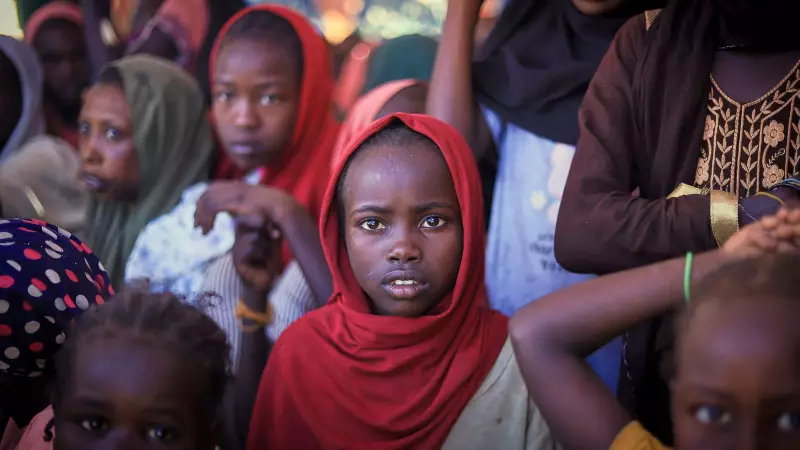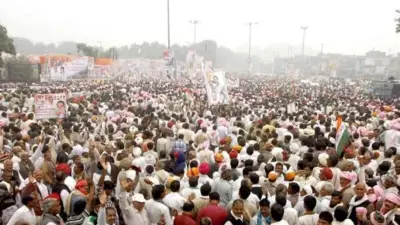
The International Criminal Court has launched a critical investigation into alleged war crimes and crimes against humanity in Sudan's North Darfur region, as the strategic city of Al-Fashir falls to the Rapid Support Forces (RSF). The development marks a significant escalation in the year-long conflict that has pushed the country toward full-scale civil war.
Humanitarian Catastrophe Unfolds
The capture of Al-Fashir, Darfur's last major city held by the Sudanese army, has triggered a massive humanitarian crisis. Eyewitness accounts describe chaotic scenes as thousands of civilians flee the city, with many reporting summary executions, indiscriminate shelling of residential areas, and widespread looting by RSF fighters and allied militias.
ICC's Grave Concerns
ICC Prosecutor Karim Khan has expressed "grave concern" about the situation in Al-Fashir, stating that his office is collecting evidence of potential war crimes. "The scale of atrocities being reported demands immediate international attention and accountability," Khan emphasized in recent statements.
Mass Displacement Reaches Critical Levels
According to United Nations agencies and humanitarian organizations:
- Over 130,000 people have fled Al-Fashir in recent weeks alone
- Many are escaping to already overcrowded displacement camps
- Critical infrastructure, including hospitals and water systems, has been destroyed
- Food and medical supplies are running dangerously low
Historical Echoes of Darfur Genocide
The current violence carries chilling echoes of the early 2000s Darfur genocide, where an estimated 300,000 people were killed. Many of the same armed groups implicated in those atrocities are now involved in the current conflict, raising fears of history repeating itself.
International Response Stalls
Despite the escalating crisis, the international community remains largely divided on how to respond. Diplomatic efforts have failed to yield a ceasefire, while humanitarian access remains severely restricted, leaving millions of Sudanese civilians trapped in conflict zones without basic necessities.
The situation in Sudan continues to deteriorate rapidly, with the fall of Al-Fashir representing a major strategic shift in the power dynamics of the conflict and raising urgent questions about the international community's ability to prevent further mass atrocities.





